Beset by gun violence, Tulane group seeks solutions
May 3, 2023
Day after day, Julia Fleckman goes to work in a city plagued by bullets.
Another shot. Another killed. Another gun in the wrong hands.
But even now, amid all the bloodshed and fear, Fleckman feels hope.
“Historically, the response has been everybody for themselves,” Fleckman, a co-director of Tulane University’s Violence Prevention Institute, said. Now, “local government and community organizations and advocates and academics and all of these different spaces are coming together.”
Optimism may seem odd. Last week, a server at the popular Mandina’s Restaurant was shot and killed on the job. Last month, bullets killed a teenager just weeks before his high school graduation. There were 482 shootings in New Orleans last year.
But Fleckman said that collaboration is the only way New Orleans can solve its gun violence problem. The Violence Prevention Institute is five years old. It works with city officials and is staffed by scientists, teachers and doctors who study gun violence. And as school shootings, attacks in homes, nightclubs, parties and everyday violence endure, many on its staff just want to do something — anything — to help.
“People are very quick to arm themselves, which is oftentimes why we see disagreements or other incidents escalate really quickly,” Fleckman said. So she and her colleagues push gun safety policies in local government, assign social workers to gunshot victims and teach safe firearm storage.
They aim to break a cycle that starts with high supply of guns, escalates with easy access and turns tragic when access becomes death and retaliation killings.
“Often,” in the hospital with gunshot wounds, “people are at a moment where they say, ‘I really need help,” Fleckman said.
There, Fleckman and her colleagues step in.
Disrupt, intervene
Dr. Sharven Taghavi treats victims young and old, injured and fighting for life after shootings.
“It often is the worst day of people’s lives when they come to me,” he said.
Once Taghavi and his colleague, Dr. Joseph Constans, get the call about a shooting victim, they act. They know people who have been shot are at greater risk to be shot again, so they assign them a social worker. They check in monthly for six months. They do not let people leave the hospital without the option of support.
They use motivational interviewing — a psychology technique that helps patients decide how they want to change their lives — to talk about substance abuse, unemployment, housing, education and gun safety. They offer mental health services and help finding jobs. And they are currently studying their work to see if it decreases risk after those six months.
“People do not need to be shot in their community,” Constans said. “And working on the prevention side, rather than on the treatment side, is really where the importance lies.”
It all happens at University Medical Center in New Orleans, which serves parishes throughout the region. The hospital is also working with New Orleans Health Department officials to expand programs and connect them to the trauma recovery center.
Fleckman said the idea that gun violence is worse than ever in New Orleans is false. The city recorded 420 murders in 1994 — the highest in its history. But shootings have risen for the past 10 years, and COVID-19 and Hurricane Ida did not help.
The reality? “Guns aren’t going anywhere,” Fleckman said. So instead, the institute teaches people how to use them.
Teach, train
Fleckman said she would like to see a ban on assault weapons — the high powered, magazine style guns like the one used in the school shooting that killed 21 children in Uvalde, Texas last summer.
But she knows that is unlikely. “That’s really hard when we live in a very polarized world,” she said. So instead, she focuses on safe storage and use. New Orleans has high rates of guns stolen from cars, which can funnel guns to people without permits. The institute has begun giving out gun boxes with thumbprint locks at UMC to prevent theft.
Constans also runs firearm safety training during the hospital interventions. In a New Orleans Advocate op-ed last January, he argued biometric lock boxes and safety campaigns that respect gun owners rights to own weapons would “make our hometown a safer place by immediately taking illegal guns off the street and reforming our casual attitudes toward firearms.”
The institute sees two problems. One: “we have a lot of guns in New Orleans,” Fleckman said. And two: those guns are easy to get. After shootings, “People want to retaliate,” Fleckman said. “Maybe somebody has been shot and a family member is really upset.” Institute staff work with gun violence victims and gun owners to teach tricks to de-escalate tense situations.
Campaign, lobby
Laws change the group’s game.
A bill pending passage in the state senate would allow people to openly carry guns without a permit. Fleckman said similar bills have increased violent crime in other cities. Another proposal would create a gun buyback program but is unlikely to pass in Louisiana’s conservative legislature. A separate bill that would have allowed the state to seize guns from people who pose immediate threats was recently tabled.
New Orleans shuttered its Office of Gun Violence Prevention last year, so now, the institute collects data on gun violence from 911, hospitals and the coroner. Many of those sources are missing information, Katherine Theall, a director at the institute, said. And despite the hopefulness of government, academics and activists coming together, Theall said “the main thing we’re seeing is lack of coordination” across systems of city data.
But the institute’s policy lab is brand new. Theall hopes to bring more courses related to gun violence prevention to Tulane’s undergraduate and graduate students and wants to get them involved in violence prevention.
The problem is far from over. Mandina’s Restaurant opened on Monday to a crowd of supporters and a new security officer. Police had not identified a suspect by Wednesday evening.
Three days before the shooting at Mandina’s, a woman was shot dead at a Mid-City gas station with her one-year-old child in the back seat.
Shootings have dropped in many cities after pandemic-era peaks.
“In New Orleans,” Fleckman said, “we’re still seeing that wave ride.”


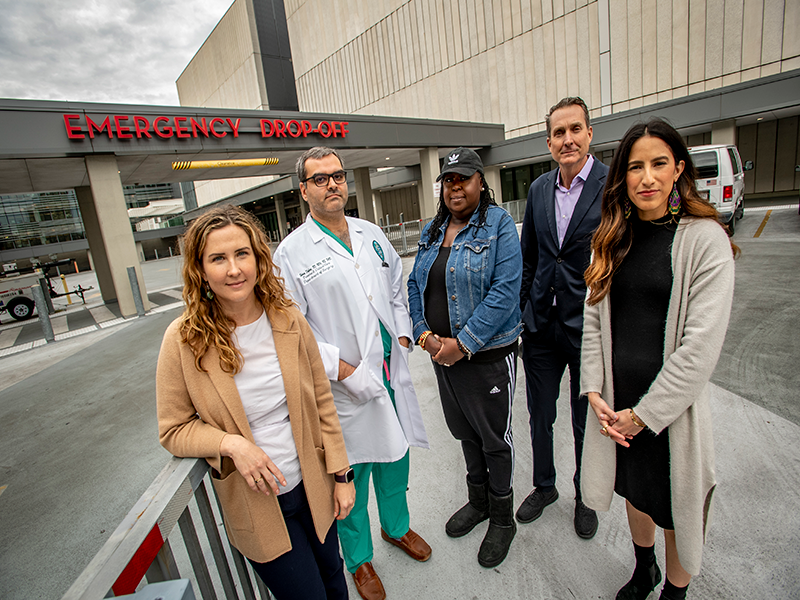
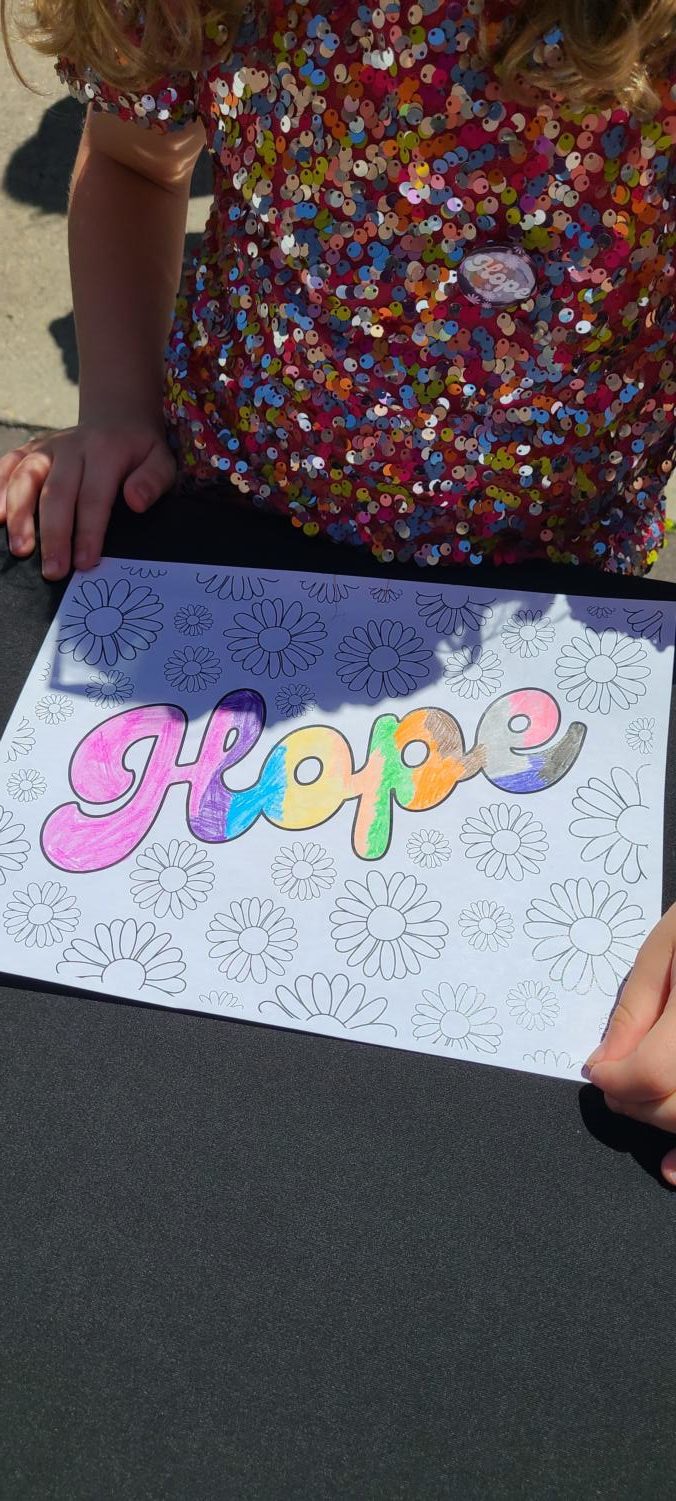
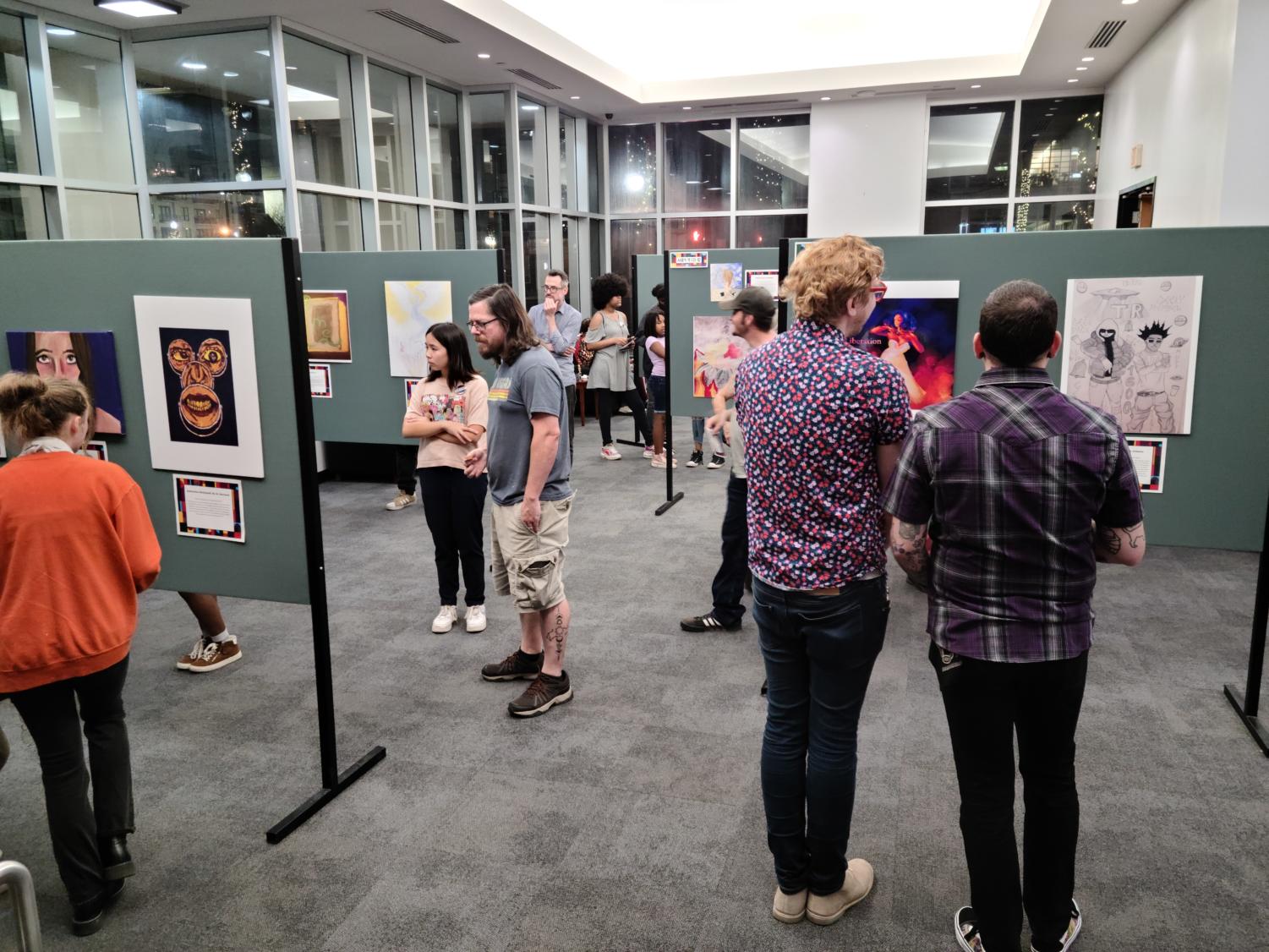
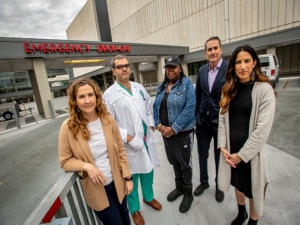

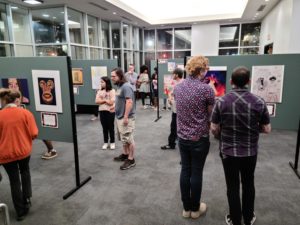






Leave a Comment